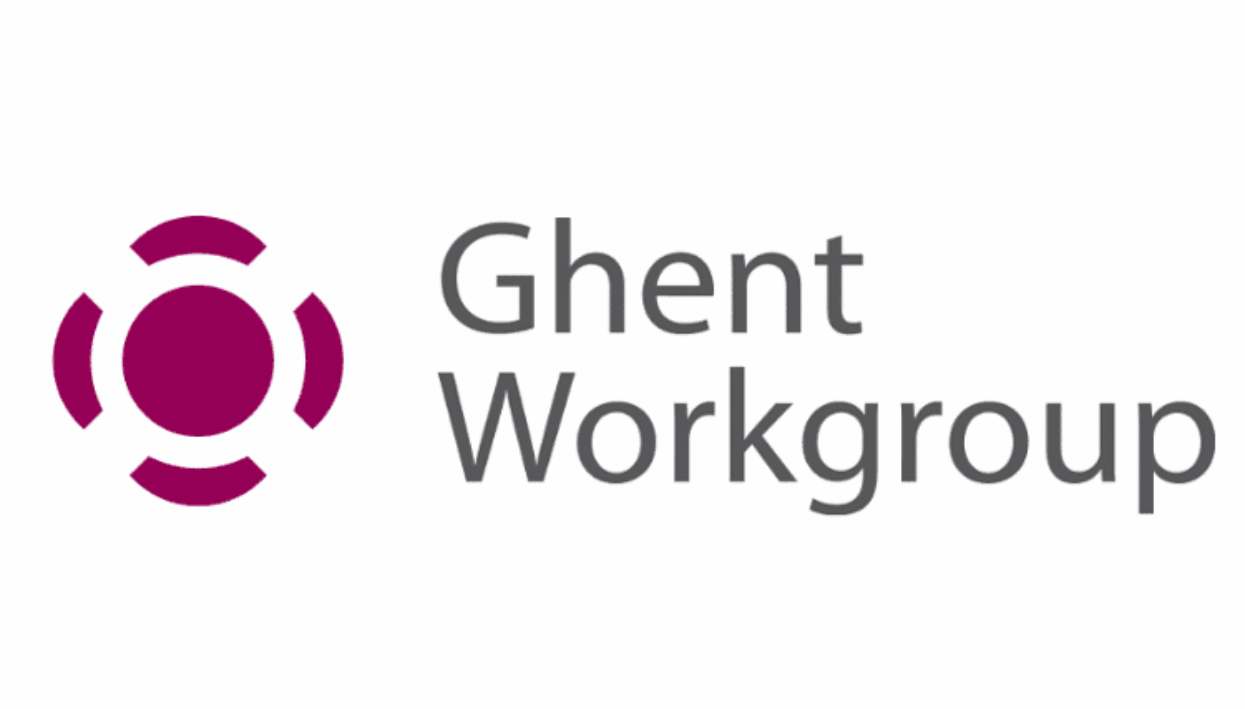
The Ghent Workgroup, the international organization to develop and disseminate best practices in graphic arts started work on Processing Steps. This has now been adopted as an international standard
The new ISO standard is a significant movement to standardize and automate packaging workflows based on the PDF file format.
The Processing Steps concept
Usually, PDF files in packaging workflows often contain the design to be printed and elements that are not printed. These files are important in regard to how the printed piece will be further processed. A key example is cutting and folding information which is required after printing to cut a box to final format and fold it into 3D shape. Several years ago, the Ghent Workgroup noticed a lack of standardization in the way these “processing steps” elements were contained in PDF documents. These were a hindrance to the acceptance of PDF as the standard format in such packaging workflows.
Best practice to international standard
The packaging subcommittee in the Ghent Workgroup produced a proposal to use metadata attached to optional content groups (commonly known as layers) in PDF documents to demonstrate standardized information regarding elements necessary for different processing steps in the packaging workflow. This proposal was discussed in the International Standards Organization and has now been adopted as international standard ISO 19593-1.
Lieven Plettinck, Director of Software Engineering at Esko and Co-Chair of the GWG Packaging Subcommittee comments: “The adoption of ISO 19593-1 is a crucial step toward maximising the productivity of the packaging supply chain. We are delighted that we have assisted in the development of this significant standard. Now we have a formal, standardized means of communicating digital data, including in PDFs, throughout the full packaging pre-production workflow. This will drastically minimise the necessity for manual intervention and reduce the opportunity for human error in a complex and highly competitive global packaging environment.”
Ghent Workgroup and ISO: natural allies
Founded in 2002, the Ghent Workgroup’s aim has been to work on best practices in graphic arts. Its members come from software and hardware vendors, graphic arts organizations, educational facilities and printers, publishers and packaging converters. Due to the company’s hands-on approach and subject matter experts, it can quickly develop specifications and proposals around standardization in graphic arts workflows. These best practices are usually built on ISO standards (such as PDF/X), however they often motivate ISO committees in their standards work.
Dov Isaacs, Principal Scientistat Adobe Systems Incorporated and Chair at ISO TC130WG2/TF2, says: “The cooperation between the Ghent Workgroup and ISO comes very naturally. Both organizations aim for the optimization of quality and productivity. With regards to PDF and the print industry, the Ghent Workgroup does significant valuable work at a highly technical level, which our committees can then easily approve and integrate into international standards. This way, any company can take advantage of the standards and procedures regarding PDF processes and workflows – for print but also for office documents and packaging.”